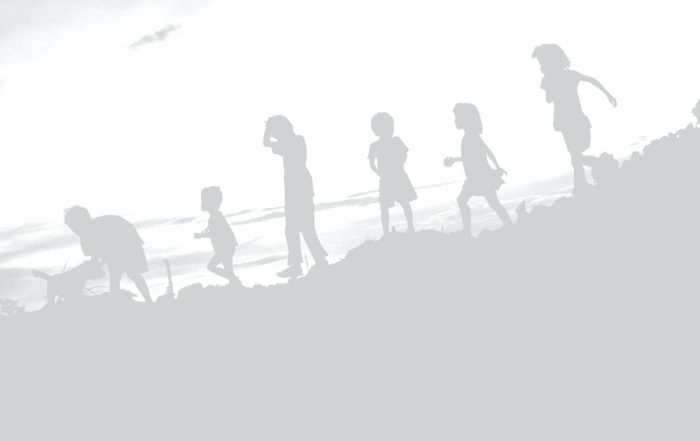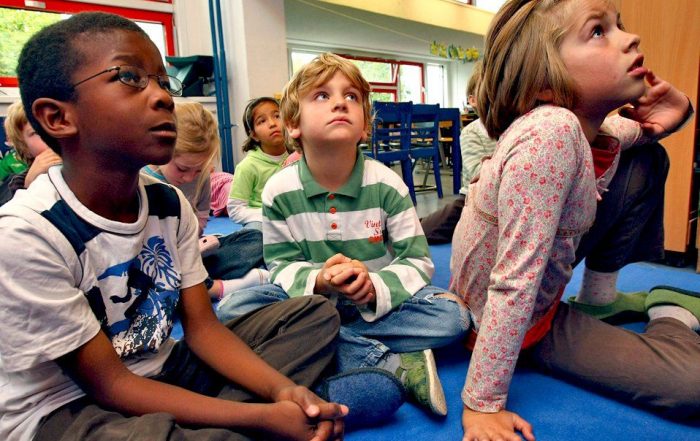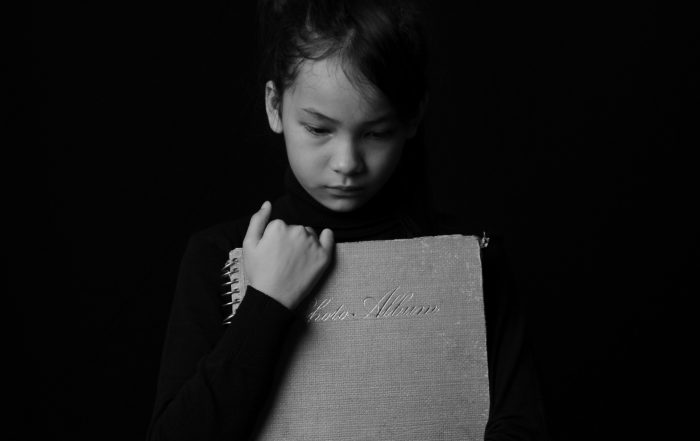By The Conversation
After years of decline, school exclusions are on the rise again, according to official figures for the Department for Education. The Timpson review, carried out by former children’s minister Edward Timpson, also shows that children in care and other “children in need” are disproportionately likely to be excluded. This amplifies the educational disadvantages they already face.
There are around 75,000 children in care at any one time in England. Collectively, they have some of the lowest educational outcomes of any identifiable group for reasons that are complex and multidimensional. The 2016-2017 figures show they are five times more likely to have been temporarily excluded than other children. Children in need -– the wider group needing support from their local authority –- were nearly four times as likely to be temporarily excluded and twice as likely to be permanently excluded.
Share This Post!
Oprah Reports on Childhood Trauma with Dr. Bruce Perry
By Amanda Merck Oprah Winfrey is raising awareness about childhood trauma and the need for trauma-informed care. Childhood trauma—like abuse, neglect, and poverty—changes a child’s brain, body and behavior. Behavior is often the [...]
Healing Invisible Wounds: Art Therapy and PTSD
By Renée Fabian When I color during therapy, it creates a safe space for me to express painful feelings from my past. Coloring engages a different part of my brain that allows me [...]
Integrating Mindfulness in Your Classroom Curriculum
By Giselle Shardlow Now more than ever, teaching mindfulness in the classroom is a necessity. Our children are stressed and anxious. Teachers and parents are stressed and anxious, too. Our lives are busy, [...]
The Long Shadow: Bruce Perry on the Lingering Effects of Childhood Trauma
By Jeanne Supin The “fight or flight” instinct has served the human species well, helping us respond quickly to threats, but according to child and adolescent psychiatrist and neuroscientist Bruce Perry it can [...]
The Science of How Our Minds and Our Bodies Converge in the Healing of Trauma
By Maria Popova “A purely disembodied human emotion is a nonentity,” William James asserted in his revolutionary 1884 theory of how our bodies affect our feelings. Two generations later, Rilke wrote in a [...]
Epidemiology of Traumatic Experiences in Childhood
By Benjamin E. Saunders, PhD and Zachary W. Adams, PhD The epidemiology of traumatic experiences in childhood is a key context for research, clinical treatment, program management, and policy development. This article discusses [...]







